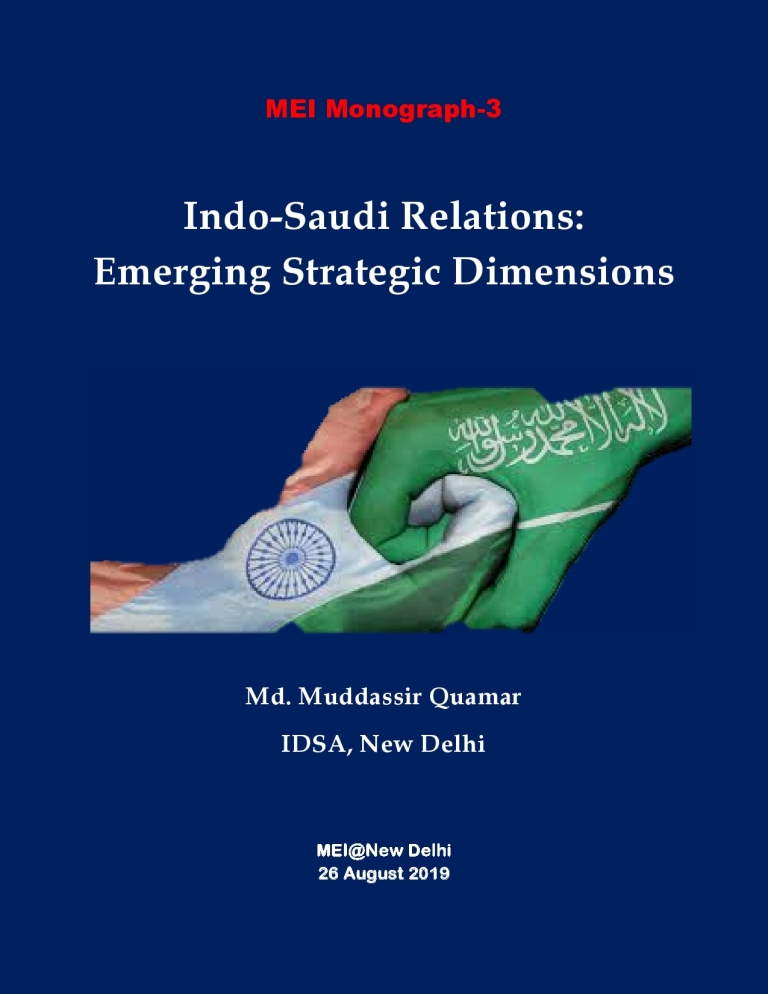Breaking
- MENU
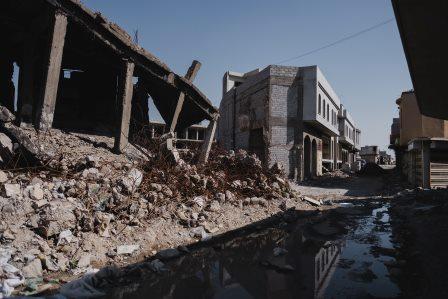
Iraq is suffering from internal divisions and external interventions for long. The problems of the people of Iraq did not end despite the hope generated by the defeat of the ISIS in 2017. It was due to the inability of the government in Baghdad to deliver on the expectation of Iraqis on crony capitalism and corruption. Also, there was no consensus among the political class that not only stalled government formation but also paralysed governance. The political and military interventions, especially by Iran and the US, fuelled internal divisions. To protest against these, the Iraqi people started protests and demonstration throughout the country demanding accountability in governance, better amenities, end to crony capitalism and corruption as well as the end to meddling by outsiders.
The demonstrations in Iraq soon snowballed into a major crisis after some of the protestors were killed in action by the security forces and Iranian-backed militias such as Kataib Hezbollah. The group also organised counter protests in several parts of the country to demand end of US military presence in Iraq. In December 2019, the group launched rockets attacks on one of the Iraqi military bases in Kirkuk frequently used by the US forces. The attack led to killing of one of the Iraqi contractors working for the US military. The retaliatory attacks by the US military two days later killed several leaders and fighters of Kataib Hezbollah in Iraq and Syria and destroyed some of its weapons depots in Iraq.
This eventually escalated to the situation where on December 31, the Popular Mobilisation Front organised a protest outside the US embassy in Baghdad where some of its members tried to storm the embassy building. On January 2, the US launched a drone strike on a convoy of leaders outside the Baghdad airport killing not only the chief of the Kataib Hezbollah Abu Mahdi al-Muhandis but also Qasem Soleimani, the leader of the Iranian elite Quds Force of the Revolutionary Guards. The situation threatened to escalate into a full-blown war between the US and Iran, it could have also engulfed Iraq into the crossfire.
Though at the time, both Iran and the US decided to deescalate the situation after Iran mounted retaliatory strikes inside some of the Iraqi military bases used by the US military, the situation has now flared up again. The Kataib Hezbollah launched rocket attacks on a military camp north of Baghdad which is used by US-led coalition forces leading to killing of two American and one British service members and injury to several others. The US military launched simultaneous strikes on five locations suspected to being weapon depots for Kataib Hezbollah. The attacks were launched to blunt the potency of Iran-Backed Kataib Hezbollah to launch further rocket strikes on US-led coalition military bases and camps. Analysts expect, this might just be the beginning of a long proxy war between Iran and the US inside Iraq. Undoubtedly, if the situation between the US and Iraq flares up further it is Iraq and Iraqis that will suffer the most.
India has said that all parties involved in Iraq should maintain peace, avoid escalation and exercise restraint under all circumstances. For India, peace, stability and reconstruction of Iraq is of paramount importance not only because of the links between the two countries but also for the future of the people of Iraq. At the time of the killing of General Soleimani, India had noted the killing of the senior Iranian leader by the US and had expressed fears of “increase in tension” and “further escalation”. New Delhi has urged restraint and underlined it is the vital need for regional stability not only for India but the whole world.
Iraq faces an uncertain future because of the tensions between the US and Iran. It is under the threat of coming into the crossfire of the fighting between the two rivals. Iraqi leadership could do well to restrain the local militias from fuelling the fire and becoming a pawn in the hands of external powers for the sake of peace, stability and security of Iraq and the Gulf region.
Note: This article was originally published in Air World Service on 19 March 2020 and has been reproduced with the permission of the author. Web Link
As part of its editorial policy, the MEI@ND standardizes spelling and date formats to make the text uniformly accessible and stylistically consistent. The views expressed here are those of the author and do not necessarily reflect the views/positions of the MEI@ND. Editor, MEI@ND: P R Kumaraswamy
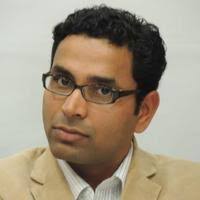
Md. Muddassir Quamar is an Associate Fellow in Manohar Parrikar Institute for Defence Studies and Analyses, New Delhi. He holds a Ph.D. in Middle East studies from Jawaharlal Nehru University and his doctoral thesis focused on social dynamics in Saudi Arabia in the context of the tensions between two seemingly non-harmonious trends; Islamization and modernization. He has a broader interest in Gulf societies, political Islam, Middle East geopolitics and India’s relations with the Middle East. He has co-authored two books India’s Saudi Policy: Bridge to the Gulf (Palgrave Macmillan, 2019) and Persian Gulf 2019: India’s Relations with the Region (Palgrave Macmillan, 2020). He is currently working on a manuscript on education reforms in Saudi Arabia. He has co-edited four anthologies, including Changing Security Paradigm in West Asia: Regional and International Responses (Knowledge World, 2020), Political Violence in MENA (Knowledge World, 2020), Islamic Movements in the Middle East: Ideologies, Practices and Political Participation (Knowledge World, 2019) and Contemporary Persian Gulf: Essays in Honour of Gulshan Dietl, Girijesh Pant and Prakash C. Jain (Knowledge World, 2015). His research papers have appeared in leading international journals such as Asian Affairs, Strategic Analysis, India Quarterly, Contemporary Arab Affairs, Digest of Middle East Studies, Journal of Arabian Studies and Journal of South Asian and Middle Eastern Studies. As part of his project in MP-IDSA, Dr. Quamar authored a monograph on Erdogan’s Turkey: Politics, Populism and Democratisation Dilemmas. Since 2018, he has served as the Book Review Editor for Strategic Analysis, the flagship journal of MP-IDSA published in association with Taylor & Francis. In May 2020, he edited an MEI Monograph Middle East Fights Covid-19: A Fact Sheet with contributions from students pursuing Masters in IR in JNU. He regularly contributes Op-Ed articles on developments in the Persian Gulf, Middle East and India’s relations with the region for Indian and international forums. In 2014-15, he was a Visiting Fellow at the King Faisal Center for Research and Islamic Studies, Riyadh. Dr. Quamar has been associated with the Middle East Institute, New Delhi, in various capacities since its foundation and serves as Associate Editor of its flagship journal, the Contemporary Review of the Middle East published by Sage, India.
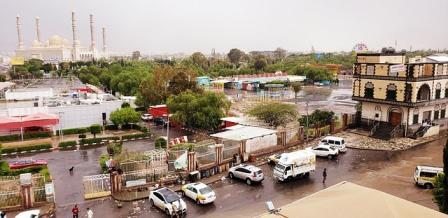
On January 17, 2022, the United Arab Emirates (UAE) was rocked by two attacks after drone attacks ta.....

Within a span of just over a year since the announcement of the Abraham Accords, between Israel and .....
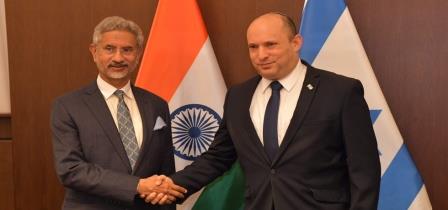
External Affairs Minister S. Jaishankar’s visit to Israel signifies the burgeoning Indo-Israel.....
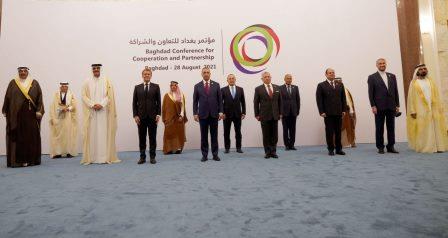
On 28 August 2021, Iraq hosted the first “Baghdad Conference for Cooperation and Partnership&r.....
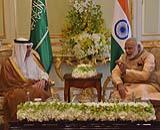
Recent developments in Afghanistan–the US military withdrawal and return of Taliban– has.....
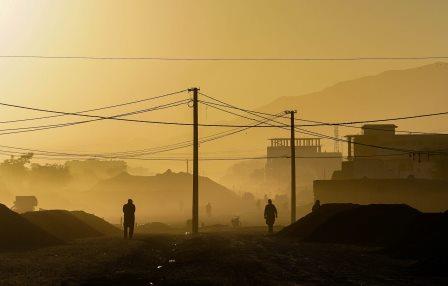
The Taliban takeover of Afghanistan has wider ramifications for the world. Among the key questions t.....
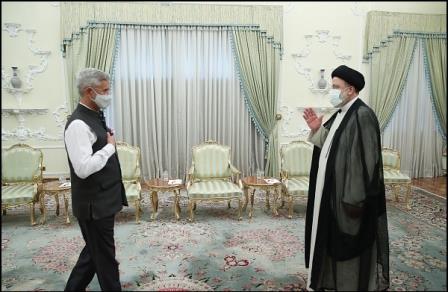
External Affairs Minister S. Jaishankar attended the swearing-in ceremony of the new Iranian preside.....
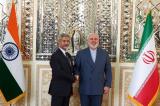
The revitalisation of ties with Iran will remain confined to the immediate issue of shared interests.....
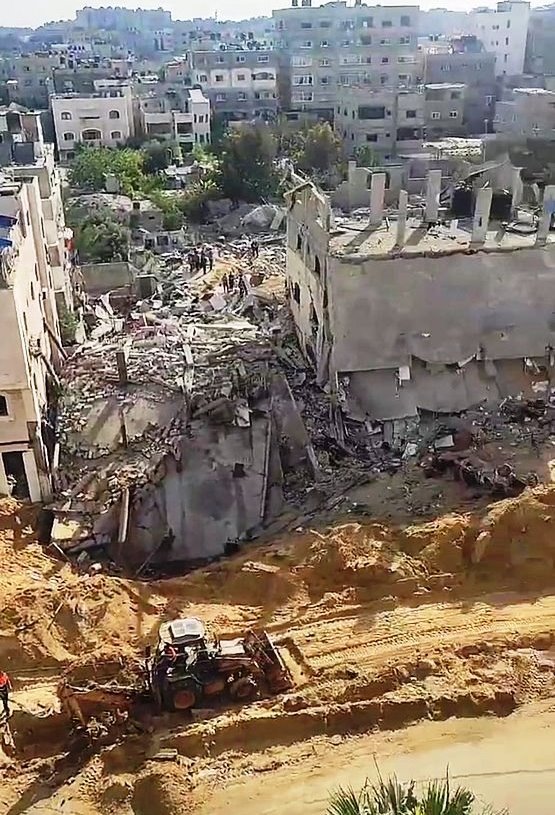
Israel and Hamas have engaged in fighting each other since 2006 when Hamas emerged victorious in the.....
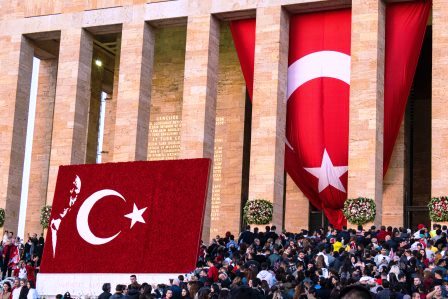
Tensions have gripped the Eastern Mediterranean (East Med) for the past few months owning to differe.....
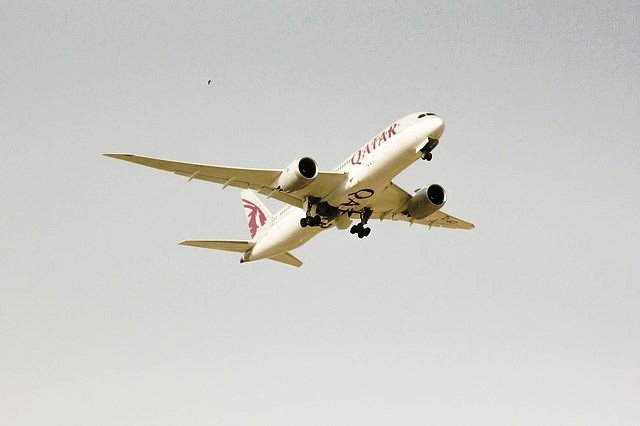
Qatar is an important country in the Gulf with which India has traditionally had strong bilateral ti.....
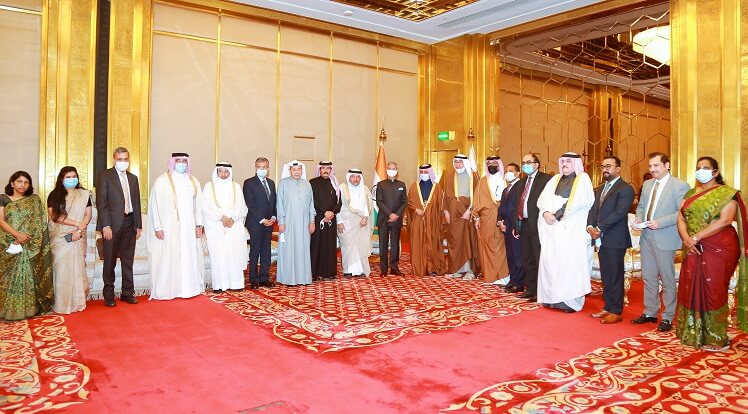
International geopolitical developments and the growing chances of friction between the global power.....
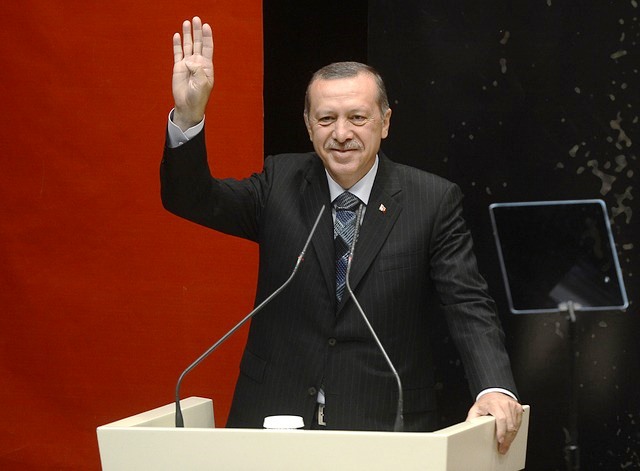
In recent years, Turkey’s foreign policy has attracted scrutiny because of its aggressive post.....
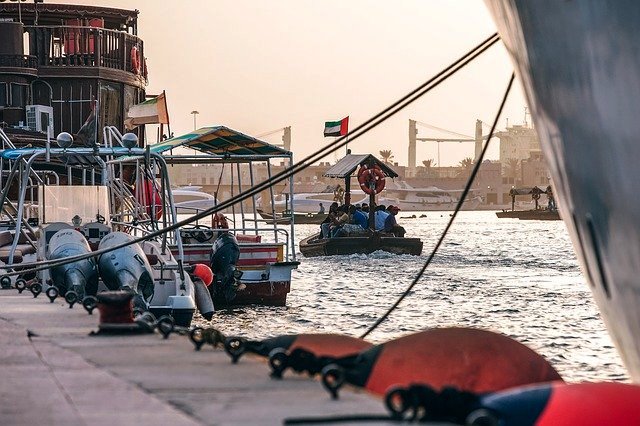
India and the United Arab Emirates share a vision for peace and prosperity. Under the leadership of .....
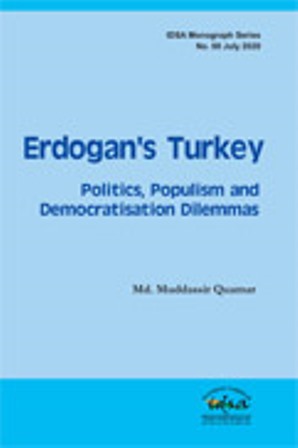
The coming to power of the AKP is one of the defining moments in the history of modern Turkey. Here .....

Though the news of China and Iran entering into US$400 billion agreement and Iran going ahead with C.....
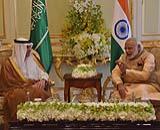
India’s relationship with the Gulf has witnessed a qualitative transformation since the August.....
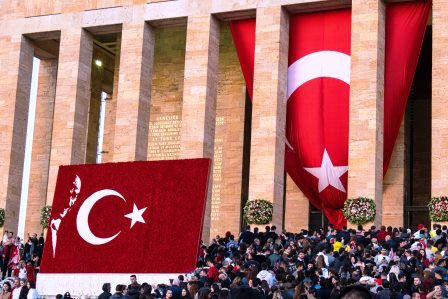
The results of country-wide municipal elections in Turkey held on 31 March 2019 threw a few surprise.....
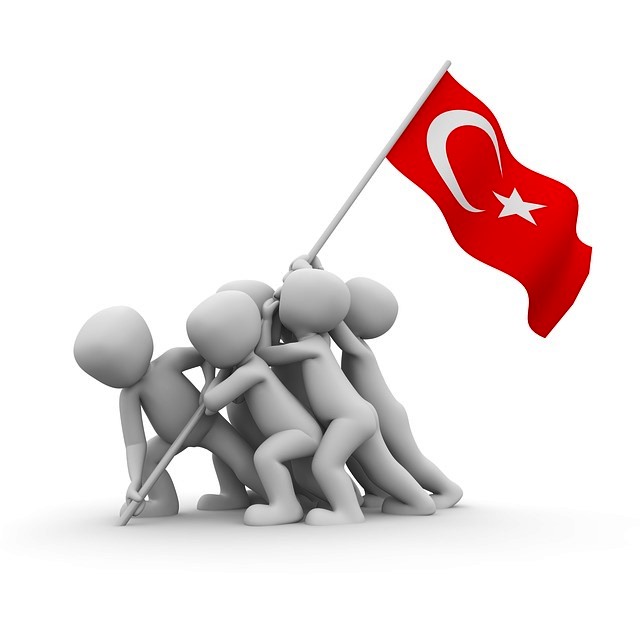
Like other parts of the world, West Asia (or the Middle East) too is hit hard by the spread of COVID.....
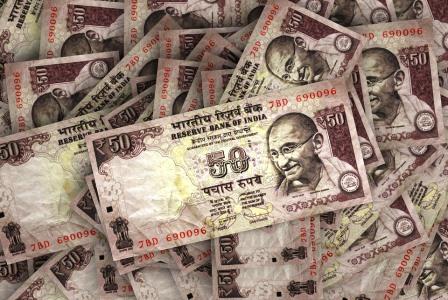
The West Asia is one of the most volatile and conflict-ridden regions in the world today. Given the .....
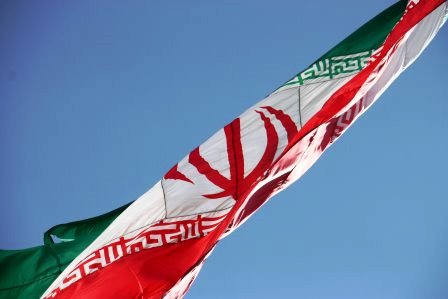
In the Persian Gulf, the New Year began with a bang. On January 3, the world woke up to the news of .....
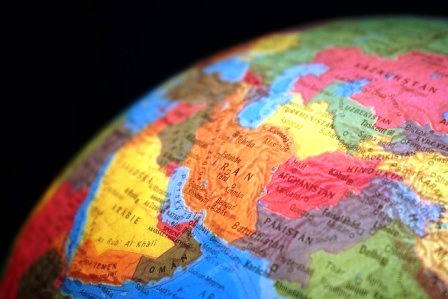
Major General Qassem Soleimani, commander of the elite Quds Force of the Iranian Revolutionary Guard.....
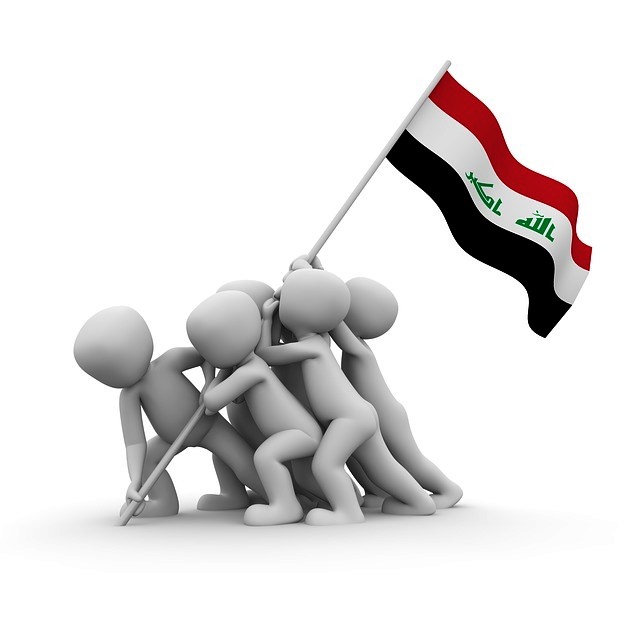
For over two months, youth in Iraq are protesting against corruption, unemployment and Iranian and A.....
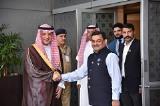
The historic relations between India and the Gulf countries have undergone a qualitative transformat.....
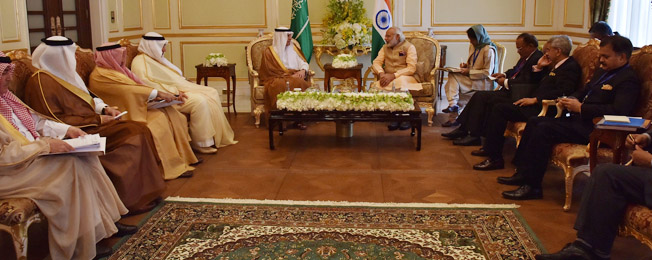
India and Saudi Arabia enjoy traditional friendly ties. Both are strategic partners and are working .....
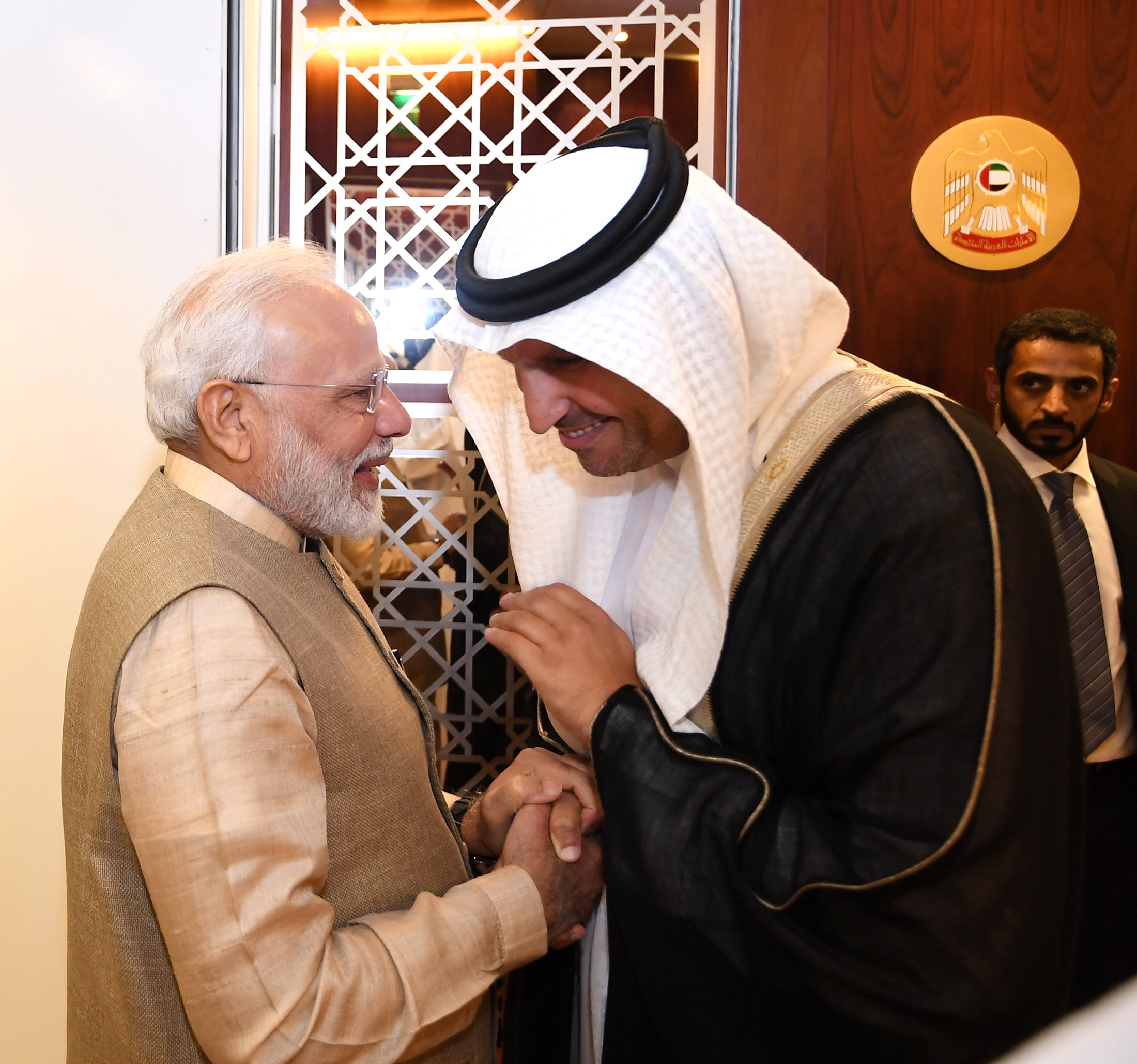
Prime Minister Narendra Modi undertook a visit to the UAE and Bahrain over the weekend. This was his.....
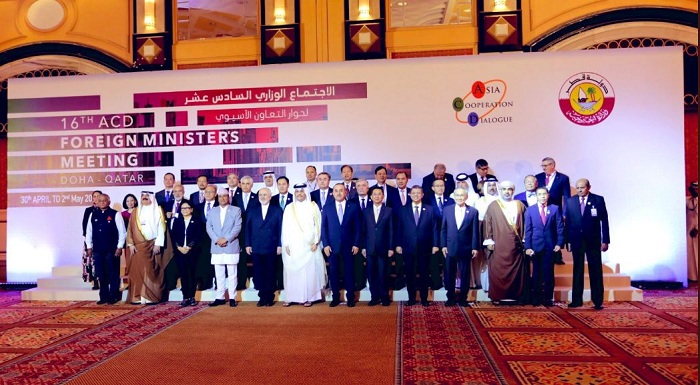
The 16th Ministerial meeting of the Asia Cooperation Dialogue (ACD) took place in Doha this week. Th.....
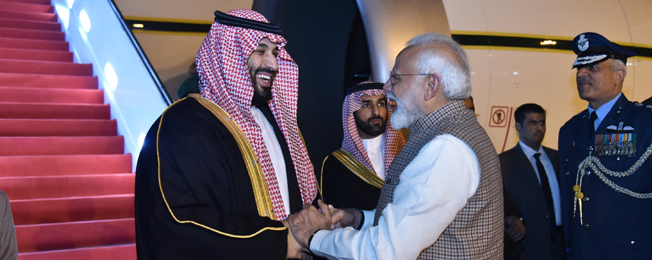
India’s relationship with the Gulf has witnessed a qualitative transformation since the A.....
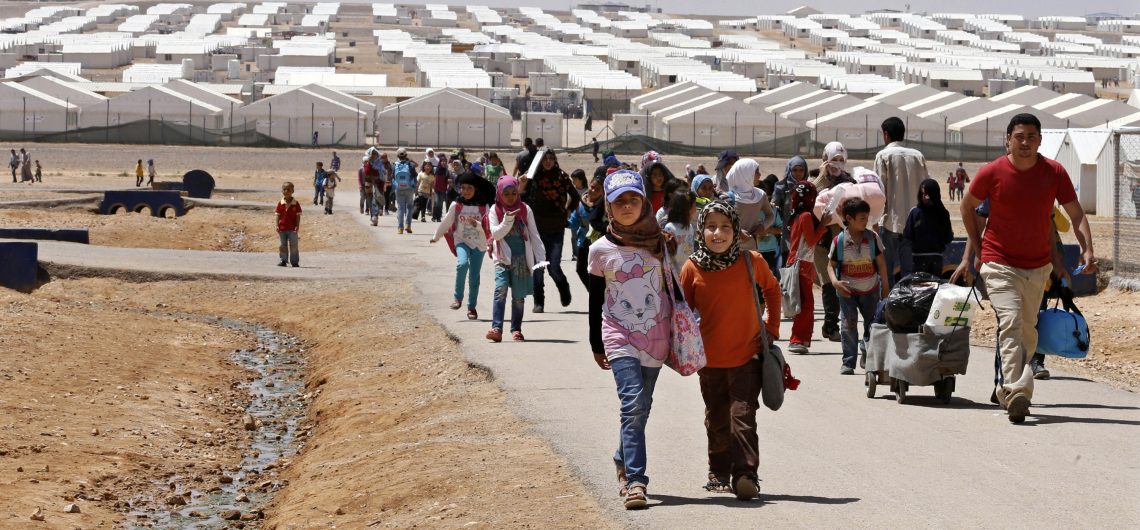
On March 24, 2019, the US-backed Syrian Democratic Forces (SDF) announced the capture of Baghouz, a .....
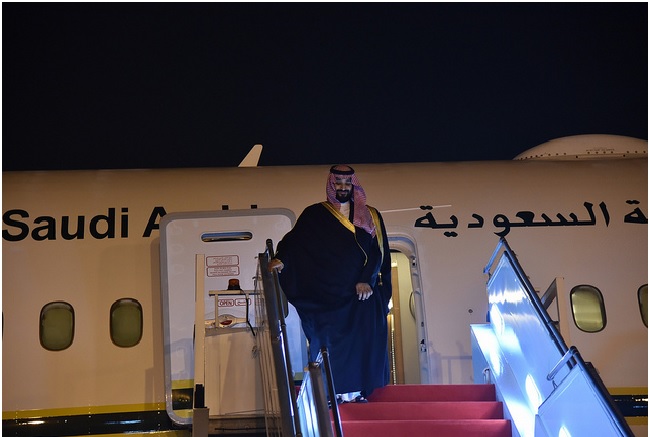
The visit of Saudi Minister of State for Foreign Affairs Adel al-Jubeir to New Delhi; close on the h.....
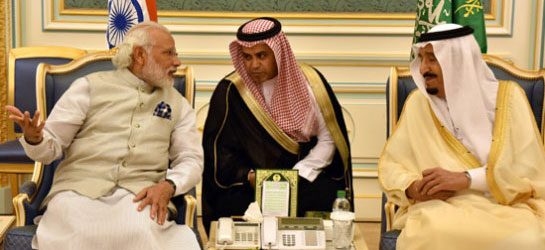
India and Saudi Arabia have increased defence and security cooperation in the fields of combating te.....
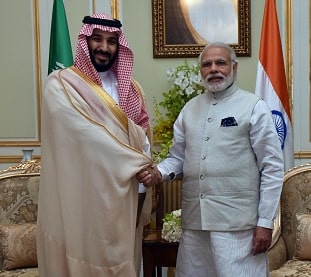
Economic and social reforms have emerged as the focus area in Saudi Arabia under the leadership of K.....
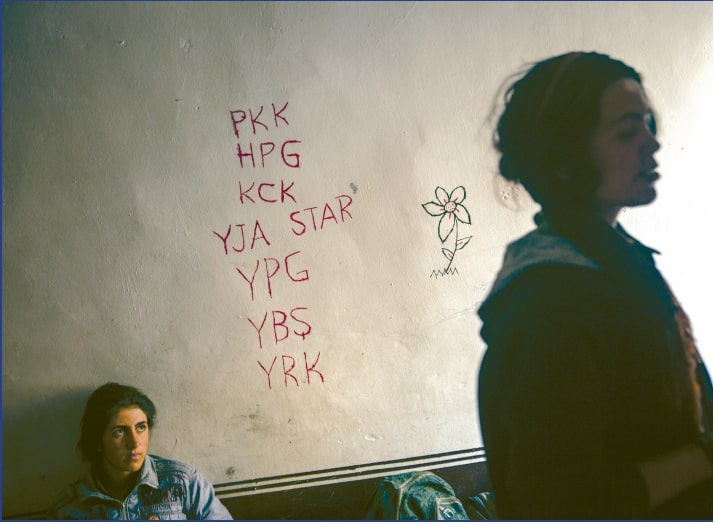
The US and Turkey are back on collision course over the Kurdish question in northern Syria. The late.....
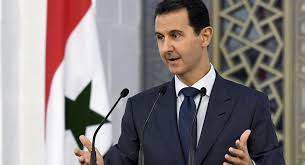
The Civil War in Syria has ravaged the country, took the life of nearly 500,000 people and has force.....

